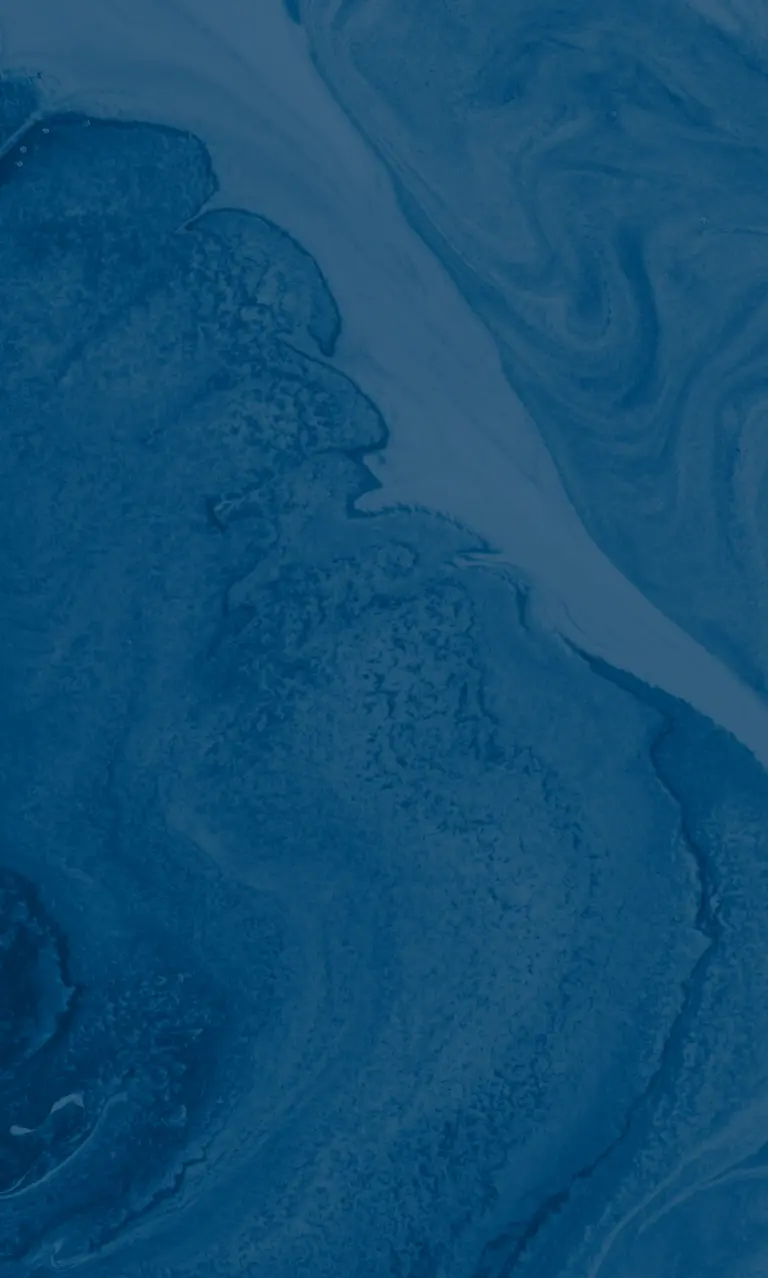Remantas Water quality monitoring using an in-situ, real-time analysis method
The latest European regulations on water quality are aimed at ensuring the environment is in a sound ecological and chemical state by 2015. A raft of measures has been put in place for monitoring surface, underground, coastal and transitional fresh water to enable robust surveillance of aquatic environments and, in particular, to assess the impact of human activity as a source of industrial and agricultural pollutants.
The REMANTAS project will look for solutions to environmental metrology issues concerning detecting organic contaminants in aquatic habitats – seawater and underground waters.
A series of field-based measurements will be the basis for developing in-situ sensors to enable contaminants at land, coast and sea sites to be analysed.
Quicker and less costly than traditional laboratory techniques, the on-site measuring will potentially provide more accurate estimates of the spatial and temporal variability of contaminants.
In addition, detection of one-off or accidental pollution incidents will be detected appreciably faster, allowing decisions to be taken before contaminants disperse and prompt intervention to be organised.
The aim of REMANTAS is to measure 10 pollutants included on the list of priority hazardous substances from the EU Water Framework Directive 2000/60/EC and on the list of 100 chemical substances most commonly transported by sea.
Partners
Entreprise
- Cedre, Brest
- HORIBA Jobin-Yvon, Villeneuve d'Ascq
Centres de recherche
- Ifremer, Interfaces et Capteurs, Brest [Porteur de projet]
- Université de Technologie de Troyes, Laboratoire de nanotechnologie et d'instrumentation optique, UTT / LCD / LNIO, Troyes
- BRGM, Direction Risques et Prévention, Orléans
- Université Sorbonne Paris Nord, Laboratoire de Chimie, Structure et Propriétés des Biomatériaux et Agents Thérapeutiques, Bobigny
Funders
- Agence Nationale de la Recherche
